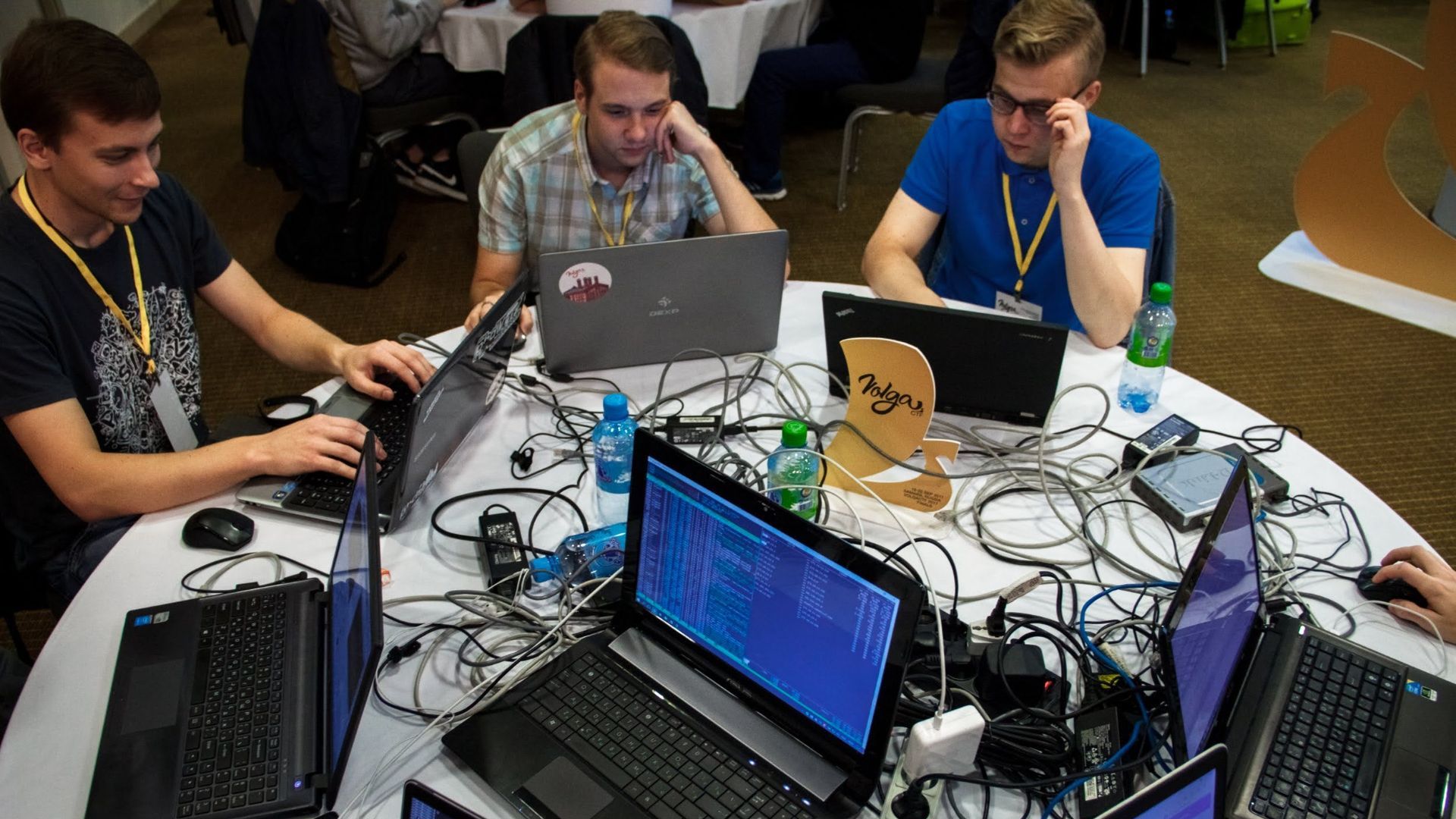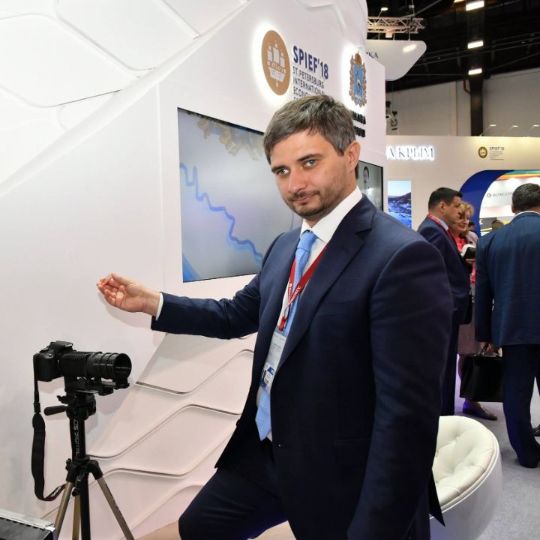Viktor Soifer
Viktor Soifer is a Professor and a Doctor of Technical Sciences, an Honored Scientist of the Russian Federation. He is an academician of the Russian Academy of Sciences (2016), Nanotechnologies and Information Technologies Department, specializing in optical systems and informatics, and the research director of the Image Processing Systems Institute, the Russian Academy of Sciences. He is the President of Samara University and the chief researcher of Automated Research Systems research laboratory, Samara University. Viktor Soifer founded the Computer Optics, Image Processing and Geoinformatics research school, which is now the leading Russian research school. He graduated from Faculty of Radio Engineering, Kuibyshev Aviation Institute (currently Samara National Research University). Viktor Soifer is a member of the International Society for Optics and Photonics (SPIE) and the International Association for Pattern Recognition (IAPR) Board. He is an Honorary Doctor of Dowling College (USA) and Harbin Polytechnic Institute (China), a full member of the Academy of Engineering Sciences, the Academy of Quality Problems and the Tsiolkovsky Academy of Cosmonautics. Viktor Soifer is also an editor-in-chief of Computer Optics journal.
- Scopus | WoS | RSCI
- phone: +7-846-332-26-04
- e-mail: soifer@ssau.ru


